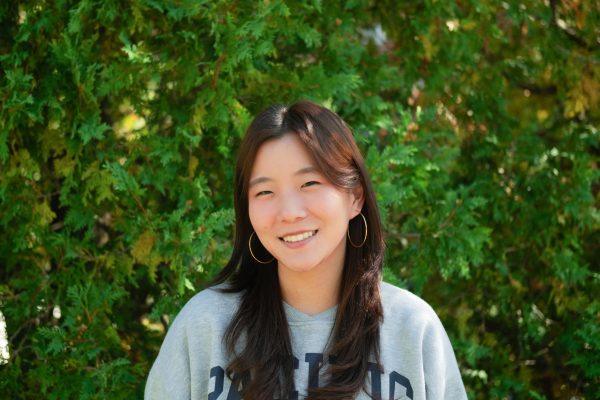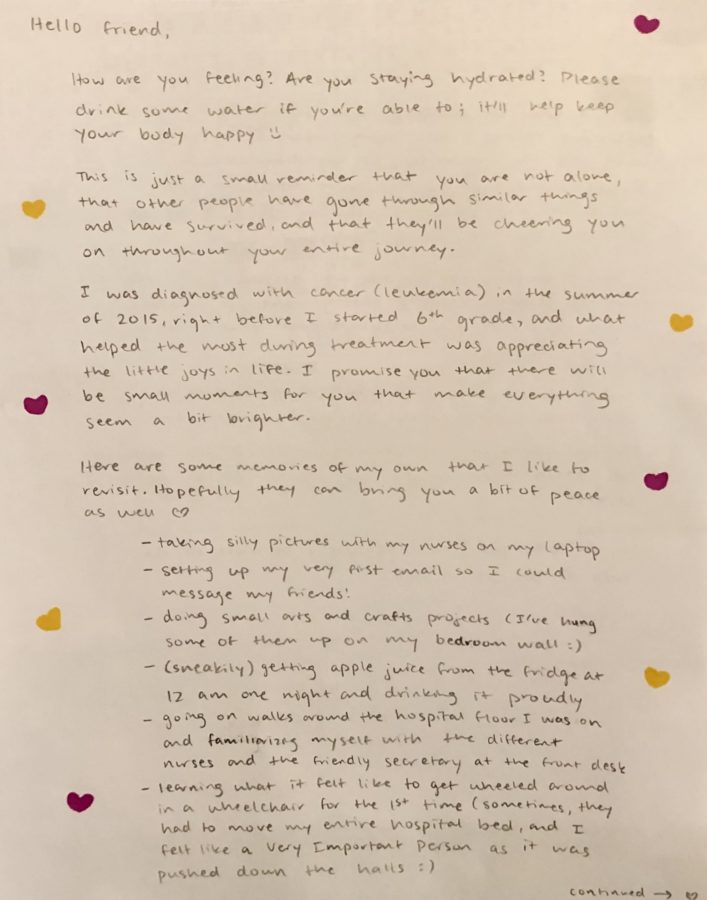By Audrey Kim, Co-Editor-in-Chief
On May 15, the Alabama Senate passed a measure that bans nearly all abortions in the state. The legislation bans abortions at every stage of pregnancy and criminalizes the procedure for doctors, who could be charged with felonies and face up to 99 years in prison. It also gives no exceptions for rape or incest, a measure which drew opposition and criticism from even staunch conservatives. As House Minority Leader Kevin McCarthy (R-CA) said on May 16: “In my whole political career, I have believed in rape, incest and life-of-the-mother (exceptions). That’s where our platform stands.”
And these laws aren’t just in Alabama. Georgia, Kentucky, Mississippi and Ohio all adopted statutes this year that, once they take effect, will ban abortions after doctors can first detect a fetal heartbeat, which is before many women realize they are pregnant. Missouri also approved legislation that outlaws abortions after eight weeks of pregnancy, with no exceptions to rape or incest.
The rush for lobbyists and lawmakers to pass anti-abortion legislation has been even more pronounced this year with the assurance of a conservative majority on the Supreme Court. But these lawmakers (the vast majority of whom are male) do not hold the right to decide for millions of women in the U.S. Not only are anti-abortion laws a flagrant violation of the Supreme Court case Roe v. Wade, these laws fundamentally violate a woman’s right to her own body and take away her ability to choose.
State anti-abortion laws target women. They specifically target poor and minority women, who are most at risk to be unable to travel out-of-state to receive an abortion and who may not be prepared nor want to take care of a child. They target the Constitution and our right to privacy, and they target who we are as a nation that values individual freedom. Above all, they target our future.
From 1992 onward, there was a sharp drop in crime committed in U.S. cities. Many at the time attributed the decline to increased police practices and enforcement. But economists Steven Levitt and John Donahue published a report indicating that it may have been Roe v. Wade, passed in 1973, that was the more substantial contributor for the drop. Because many women who were not ready nor financially prepared to carry a child to term had the availability of abortion, many children who were most at risk to engage in criminal behavior (and would have been young adults during the early 90s) were not born. Previous studies published in Sweden, Canada and Australia following their respective country’s abortion legalization also support this idea.
With the Alabama abortion law and others that attempt to follow, we run the risk of not only regressing on the progress we’ve made as a country in the last 50 years. Not only do anti-abortion laws directly affect individual men and women, but they have greater implications for the future state of our nation. These laws place an immense burden on young women who are not ready nor want to take care of a child, and they increase the possibility of unsafe abortions taken outside the consultation of a medical professional.
And let’s not forget the hypocrisy that accompanies these no-exception laws. While Alabama doctors who perform abortion procedures now face a maximum of up to 99 years in prison, those convicted of incest and statutory rape face only 10 and 20 years respectively. To summarize, once this law goes into effect, performing a safe and constitutionally-protected procedure that almost one in four U.S. women will have in their lifetimes will be criminalized to a larger degree than sexually assaulting a 13-year-old girl.
For us as a country to decide for others the monumental choice to have children is ridiculous, and it’s appalling that we punish doctors—people who take on the Hippocratic oath to protect and treat every patient—on a heavier scale than rapists and sexual abusers. What is “pro-life” about forcing the birth of a child if that child will enter a world of rejection and insecurity, in addition to fear and danger that may come with additional poverty, crime and a lack of educational and employment opportunities? Lawmakers who are “pro-life” need to actually be pro-life: by valuing the lives of the women who they are representing.

























































































